
At the encouragement of a good friend I decided to try my hand with JavaScript. I don't think this book is for true beginners, but you have some experience under your belt, it's a great introduction to using JavaScript with HTML5 and CSS to create a variety of games. The writing style is easy to read and the author goes over every line of code in the book (sometimes it seems too much so, but it's better to have too much explanation than too little!).
Reading is not doing so the author encourages the reader to get their hands dirty in every chapter and write some code using the techniques just covered. From the code the author provides, I was able to quickly write some demonstration games that worked quite well.
| My plan is to continue reading this book with an eye towards how each technique can be used in a larger game. The small amusements I'm writing as I go are proof-of-concepts that will be folded into a bigger project that will use the programming techniques I am learning from the Artificial Intelligence for Game book I'm still reading (see below). The author has published other other books on programming and I"m looking forward to reading them as well -- there is no higher praise I can give an author than that. |


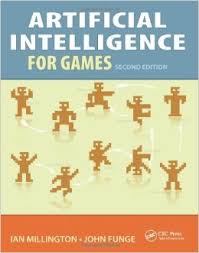

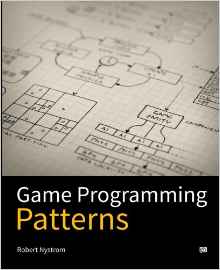

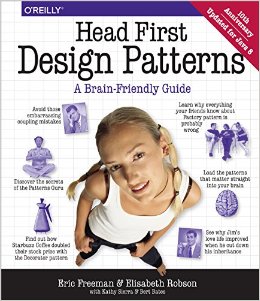

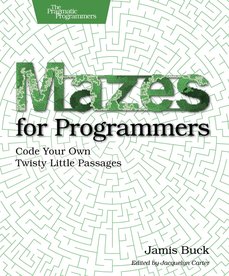

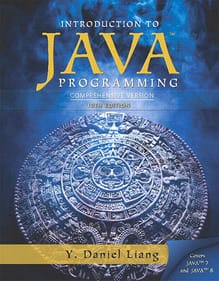

 RSS Feed
RSS Feed
